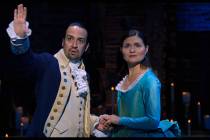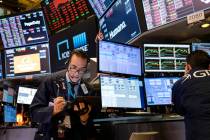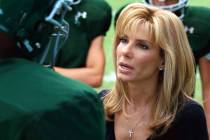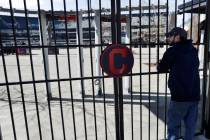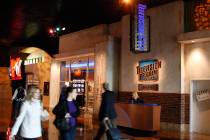Is it time for Hollywood to forgive Mel Gibson?
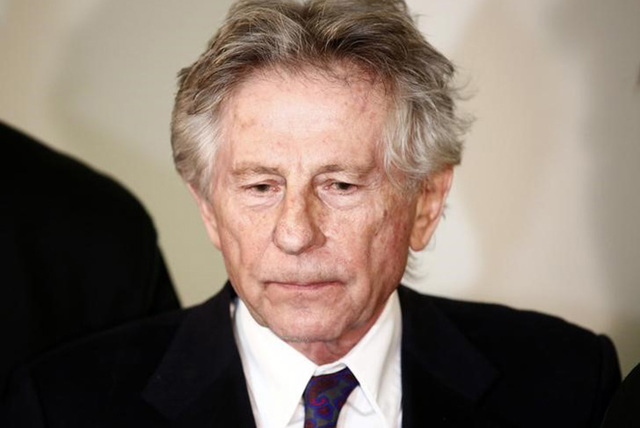
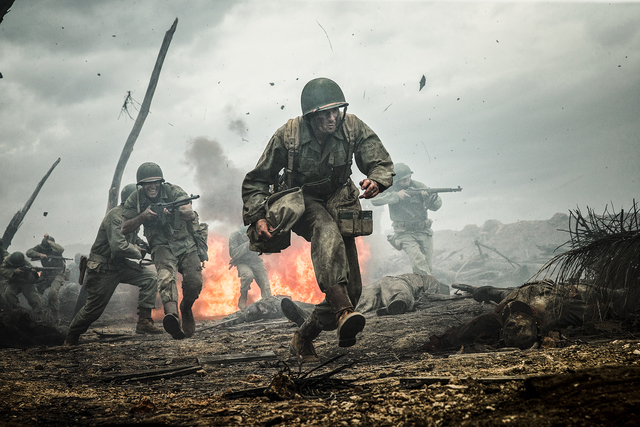
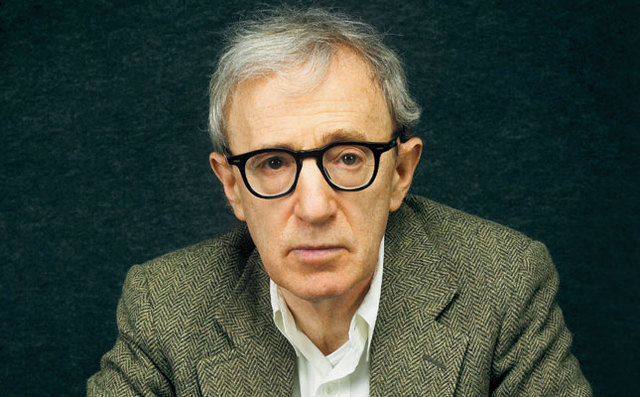

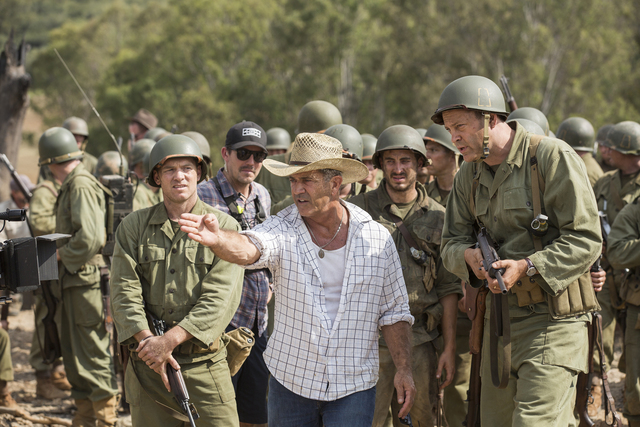
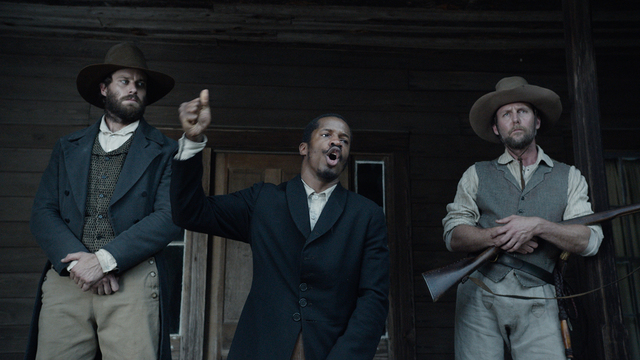
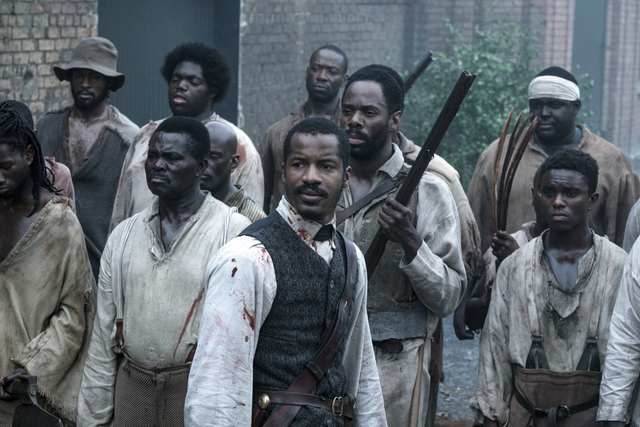
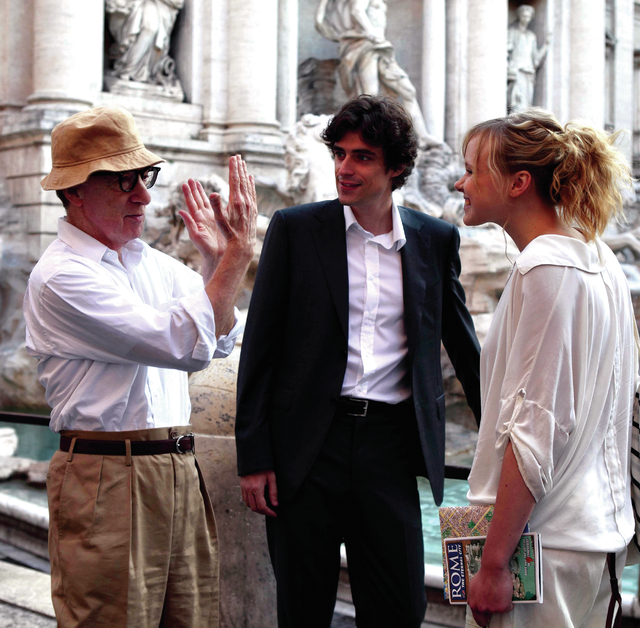
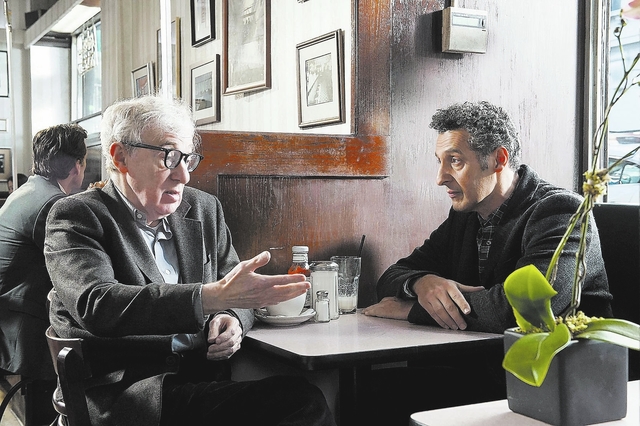
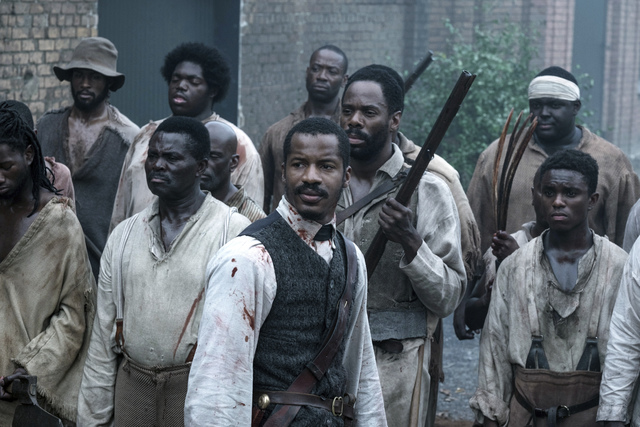
Mel Gibson spent the past several months dealing with what could be referred to as a “reverse Alan Smithee.”
For decades, Alan Smithee was the pseudonym that directors used when they wanted to disown a movie. But, up until the past week or so, the releasing studio Summit essentially took Gibson’s name off his new film, “Hacksaw Ridge.”
Every trailer, poster and piece of marketing material was adorned with “From the acclaimed director of ‘Braveheart’ and ‘The Passion of the Christ.’”
Gibson was being kept away from the movie — about Army medic Desmond Doss’ rescue of 75 men during World War II despite his refusal to carry a gun — as though he were the subject of yet another restraining order.
It’s been more than a decade since Gibson made international news with his sexist, anti-Semitic rant after being pulled over for suspicion of DUI. And more than six years have passed since the release of racist and threatening voicemails Gibson left for Oksana Grigorieva, the mother of his then 8-month-old daughter. Yet he still remains enough of a Hollywood pariah that even a small studio like Summit, which made its name with the “Twilight” franchise, considered the mere mention of his name box-office poison.
I’m not condoning Gibson’s behavior, far from it, but there’s a distinct double standard at play.
Woody Allen has been married since 1997 to a woman he helped raise as the adopted daughter of his longtime girlfriend Mia Farrow, and has been accused by his adopted daughter, Dylan Farrow, of sexually abusing her when she was 7. But each year’s release from him is trumpeted as “the latest movie from Woody Allen.” Their titles rarely even matter.
Roman Polanski drugged and raped a 13-year-old girl, fled the U.S. and has avoided extradition since 1978, yet his name is still considered a selling point. He even won an Oscar in 2003 for directing “The Pianist.”
On the flipside, Nate Parker seemed well on his way to winning an Oscar, or at least being considered a favorite, for writing, directing and starring in the Sundance sensation “The Birth of a Nation.” Introducing footage of the film in April during CinemaCon at Caesars Palace, Parker seemed humble and grateful to have the platform to tell the story of Nat Turner and his 1831 slave rebellion. Parker was a talent on the rise.
Then, during the lead-up to the film’s release, the media began focusing on a 1999 case in which Parker was charged with raping a fellow student at Penn State. Parker was acquitted of all charges, yet “The Birth of a Nation” was DOA at the box office, lost every bit of buzz it ever had, and some Hollywood pundits have deemed Parker’s career over before it really even began.
So why is it so hard for many filmgoers to like a movie if they don’t like the person who made it? To separate the art from the artist?
Alec Baldwin is as liberal as they come, and I think he’s fantastic. I adore Clint Eastwood even though he spent what seemed like an eternity rambling on at an empty chair during the 2012 Republican National Convention.
As for Gibson’s “Hacksaw Ridge,” I’d love to say it’s a triumph of filmmaking.
It isn’t.
The opening hour, showing Doss (Andrew Garfield) at home in Virginia, feels like a Hallmark movie — and not a particularly compelling one, as he meets a young nurse (Teresa Palmer) and sets about courting her, painfully and awkwardly, with a dopey grin never far from his face.
Doss’ drill sergeant (Vince Vaughn, better than he’s been in years), commanding officer (Sam Worthington), even the members of his own unit try to drum him out of the Army for his refusal to so much as touch a rifle — even in exchange for a furlough on his wedding day, even at the threat of being sent to Leavenworth.
He isn’t a conscientious objector to the war, Doss insists. He’s a “conscientious cooperator.”
But while Gibson may not have a clue how to handle straight drama, the man knows how to direct violence. Sweet mother of mayhem does he know how to direct violence.
Once Doss and his unit arrive in Okinawa, men set on fire run, fall and pirouette through the air. The ground is littered with puddles of guts and piles of entrails. The bacchanalia of brutality is like all seven seasons of “The Walking Dead” smashed into little more than an hour. It’s just a desensitizing amount of violence.
And through it all, long after the rest of the unit has pulled back, Doss works around the clock, scrambling around the enemy to find wounded soldiers and then carry or drag them to safety before lowering them down a hundred feet or so of sheer cliff. He’s a one-man rescue crew, all the while praying to God for help in finding just one more man.
Doss is eventually hailed as a misunderstood hero, and the men who once pummeled him to make him quit the Army refuse to go into battle without him by their side.
It’s all a bit much, and the result is an inspirational story that fails to inspire.
I’m more than ready to like a Mel Gibson movie, even rave about one.
“Hacksaw Ridge” just isn’t that movie.
Contact Christopher Lawrence at clawrence@reviewjournal.com. On Twitter: @life_onthecouch.




